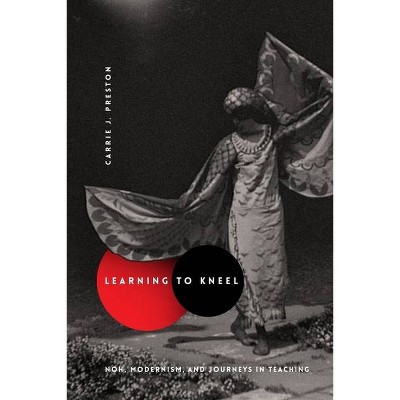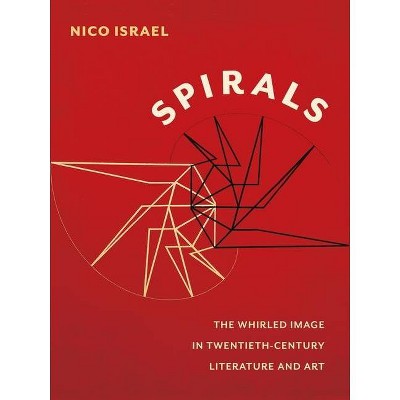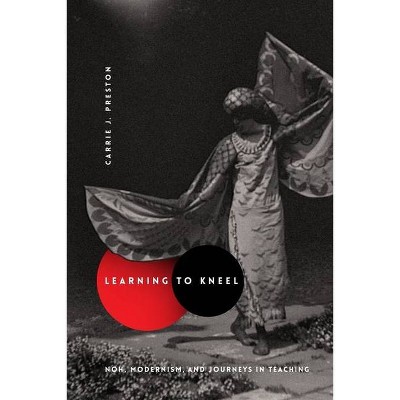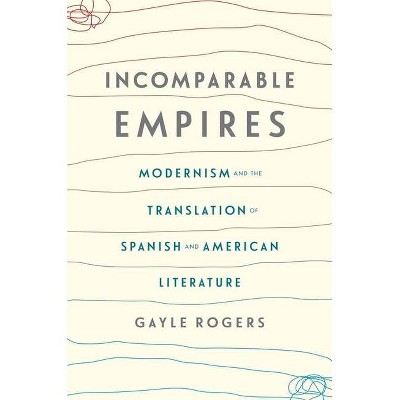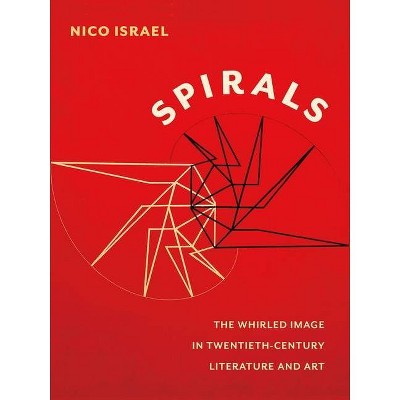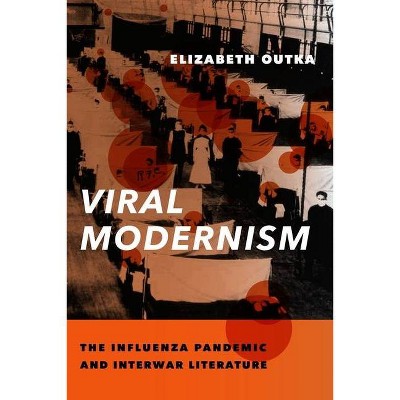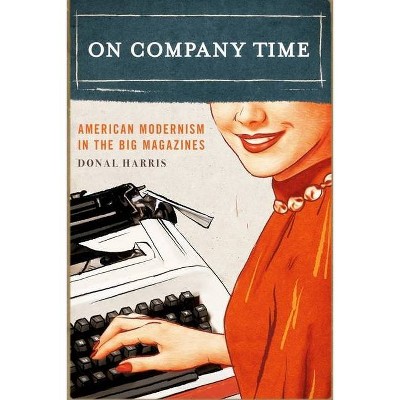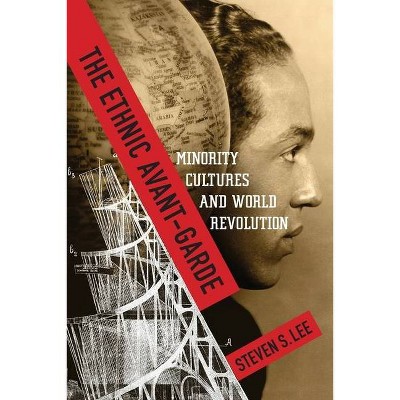Voices of Negritude in Modernist Print - (Modernist Latitudes) by Carrie Noland (Hardcover)
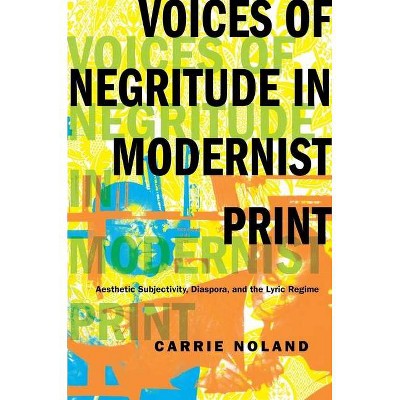
Similar Products
Products of same category from the store
AllProduct info
<p/><br></br><p><b> About the Book </b></p></br></br>Approaches Negritude as an experimental, text-based poetic movement developed by diasporic authors of African descent through the means of modernist print culture<p/><br></br><p><b> Book Synopsis </b></p></br></br>Carrie Noland approaches Negritude as an experimental, text-based poetic movement developed by diasporic authors of African descent through the means of modernist print culture. Engaging primarily the works of Aimé Césaire and Léon-Gontran Damas, Noland shows how the demands of print culture alter the personal voice of each author, transforming an empirical subjectivity into a hybrid, textual entity that she names, after Theodor Adorno, an "aesthetic subjectivity." <p/>This aesthetic subjectivity, transmitted by the words on the page, must be actualized--performed, reiterated, and created anew--by each reader, at each occasion of reading. Lyric writing and lyric reading therefore attenuate the link between author and phenomenalized voice. Yet the Negritude poem insists upon its connection to lived experience even as it emphasizes its printed form. Ironically, a purely formalist reading would have to ignore the ways<i> formal</i>--and not merely thematic--elements point toward the poem's own conditions of emergence. <p/>Blending archival research on the historical context of Negritude with theories of the lyric "voice," Noland argues that Negritude poems present a challenge to both form-based (deconstructive) theories and identity-based theories of poetic representation. Through close readings, she reveals that the racialization of the author places pressure on a lyric regime of interpretation, obliging us to reconceptualize the relation of author to text in poetries of the first person.<p/><br></br><p><b> Review Quotes </b></p></br></br><br>Noland's study is daring in its fearlessness at taking on longstanding ideas about Negritude, as well as its most prominent critics; innovative for its emphasis on material factors once dismissed as superficial; and impressively erudite for the breadth of knowledge that it reflects. . . . Beautifully and clearly written, persuasively argued and highly entertaining--French Review<br><br>Refreshing and rigorously researched.... In short, Noland's work is a significant contribution to Negritude scholarship.--French Studies Vol. 70 No. 4<br><br>With restless, relentless 'attention to the letter, ' Carrie Noland demonstrates that the poetic innovations of Césaire and Damas were first of all major <i>modernist</i> interventions, deeply engaged with the textual sphere of experimental print culture in the interwar period. These virtuosic, revisionary readings are an exhilarating model of what it means to do Diasporic literary criticism today.--Brent Hayes Edwards, author of <i>The Practice of Diaspora</i><br><br>Carrie Noland offers a timely warning about the tendency to treat literature as a whole as an adjunct to sociopolitical reality. <i>Voices of Negritude in Modernist Print</i> boldly explores the tensions between formally experimental verse and the prevailing identity politics of postcolonial theory.--J. Michael Dash, New York University<br><br>Carrie Noland's <i>Voices of Negritude in Modernist Prin</i>t is a landmark work, inaugurating a decisive and crucial advance in our understanding of the poets of Negritude. Noland argues compellingly for a text-centered interpretive practice, one that attends to the determinations of the print medium understood as an aesthetic regime independent of the author's scribal utterance, and the struggle to construct what she terms, following Adorno, an 'aesthetic subjectivity' immanent to the text itself. This path-breaking and original work gathers together the various studies of Negritude poetry of the preceding decades to make an informed, compelling, and necessary intervention into the heart of francophone studies.--Nick Nesbitt, Princeton University<br><p/><br></br><p><b> About the Author </b></p></br></br>Carrie Noland is professor of French and comparative literature at the University of California, Irvine. She is the author of <i>Poetry at Stake: Lyric Aesthetics and the Challenge of Technology</i> and <i>Agency and Embodiment: Performing Gestures/Producing Culture</i>. Along with coediting two collections of essays, <i>Migrations of Gesture</i> (with Sally Ann Ness) and <i>Diasporic Avant-Gardes: Experimental Poetics and Cultural Displacement</i> (with Barrett Watten), she has published numerous essays on avant-garde literature and art.
Price History
Price Archive shows prices from various stores, lets you see history and find the cheapest. There is no actual sale on the website. For all support, inquiry and suggestion messages communication@pricearchive.us
